Teatro Regio di Parma, originally constructed as the Nuovo Teatro Ducale (New Ducal Theatre), is an opera house and opera company in Parma, Italy.
Replacing an obsolete house, the new Ducale achieved prominence in the years after 1829, and especially so after the composer Giuseppe Verdi, who was born near Busseto, some thirty kilometres away, had achieved fame. Also well known in Parma was the conductor Arturo Toscanini, born there in 1867.
As has been noted by Lee Marshall, "while not as well known as La Scala in Milan or La Fenice in Venice, the city’s Teatro Regio....is considered by opera buffs to be one of the true homes of the great Italian tradition, and the well-informed audience is famous for giving voice to its approval or disapproval – not just from the gallery."
The 1,400-seat auditorium, with four tiers of boxes topped by a gallery, was inaugurated on 16 May 1829 when it presented the premiere of Vincenzo Bellini's Zaira, a production which was staged another seven times, although it did not prove to be popular with the Parma audiences. Initially Rossini had been invited to compose a work for the inauguration of the house, but he was too busy and so the task fell to Bellini. However, that inaugural season saw three Rossini operas staged, including Moïse et Pharaon, Semiramide, and Il barbiere di Siviglia.
Today, the company stages about four operas each season from mid January to April and, since 2003, it has presented an annual Verdi Festival each October.
Verdi and the Teatro Regio
Verdi, who was born and who grew up only 20 miles from Parma, was perhaps quite naturally soon adopted by the city as its native son, especially as his fame grew after the success of the 1840 Nabucco. His operas have had a special place in the Regio's programming after 17 April 1843, when Verdi came to direct his Nabucco. Since that time, the Regio has staged every one of his operas, including adaptations of original versions such as I Lombardi of 1843 which became Jérusalem for Paris in 1847 or the 1847 Macbeth which was revised in 1865.
The seasons surrounding the centennial of his birth in 1813 and the 50th anniversary of his death in 1951 were devoted solely to his operas, and between 1829 and 1979, Verdi, Donizetti, and Bellini were the most frequently staged composers, with Verdi topping the list with five of his operas, the most frequent of which was Aida with 177 performances over the 150-year period. The 2001 centennial of the composer's death resulted in a year-long celebration beginning with the Requiem and including six operas.
The "bicententario" year of 2013 prompted special celebrations which included concerts by the La Scala Orchestra, under Riccardo Chailly, and the Orchestre National de France under Daniele Gatti (which also gave the Requiem). Providing insights into working with the Teatro and with Verdi's music were singers Carlo Bergonzi, Mirella Freni, and Raina Kabaivanska as well as conductor Bruno Bartoletti. A concert by the Filarmonica Arturo Toscanini on 10 October was something of a highlight of the celebrations. It included a concert version of act 2 of Aida. Other complete operas given during the month included I masnadieri, Falstaff, and Simon Boccanegra.
Festival Verdi
In addition to its regular season, from the 1990s the company began to mount a Festival Verdi. Beginning in 2003, the celebration known as Buon Compleanno Maestro Verdi ("Happy Birthday, Maestro Verdi") has been held each 10 October with a concert of excepts from his works and this is coupled with the month-long festival.
Along with the Verdi operas presented as part of its regular season since 2003/04, the aim of the Festival Verdi has been to present every one of the composer's operas by the bi-centennial year of 2013. However, while this was not achieved, very few operas remain to be staged (depending upon whether different versions are planned). The Festival has included associated discussions, orchestral concerts, and other relevant presentations.


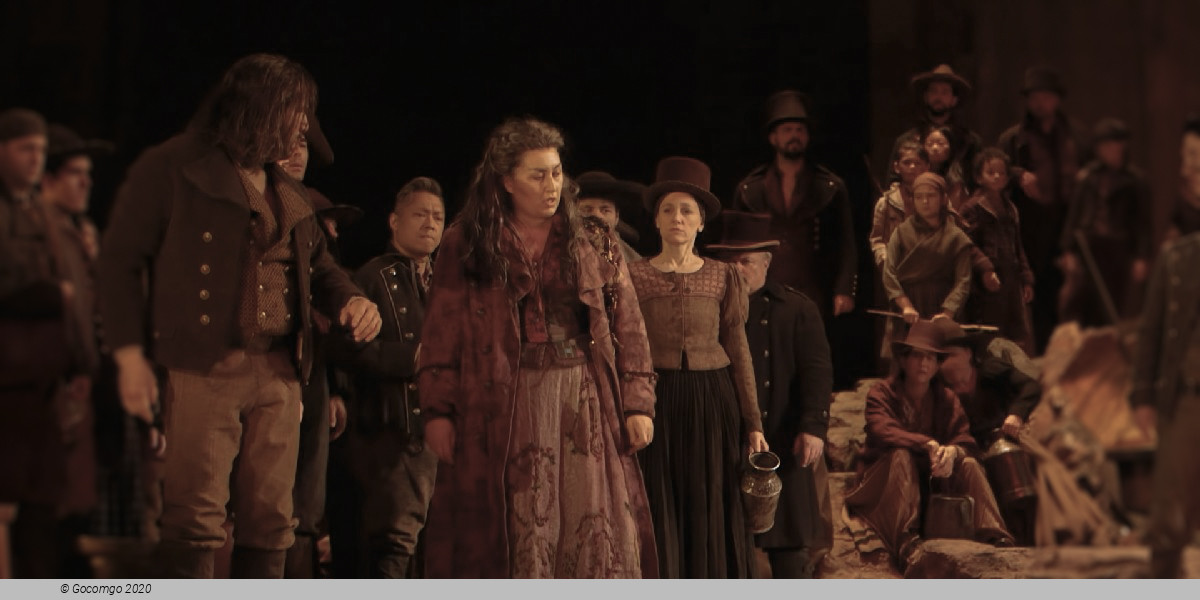
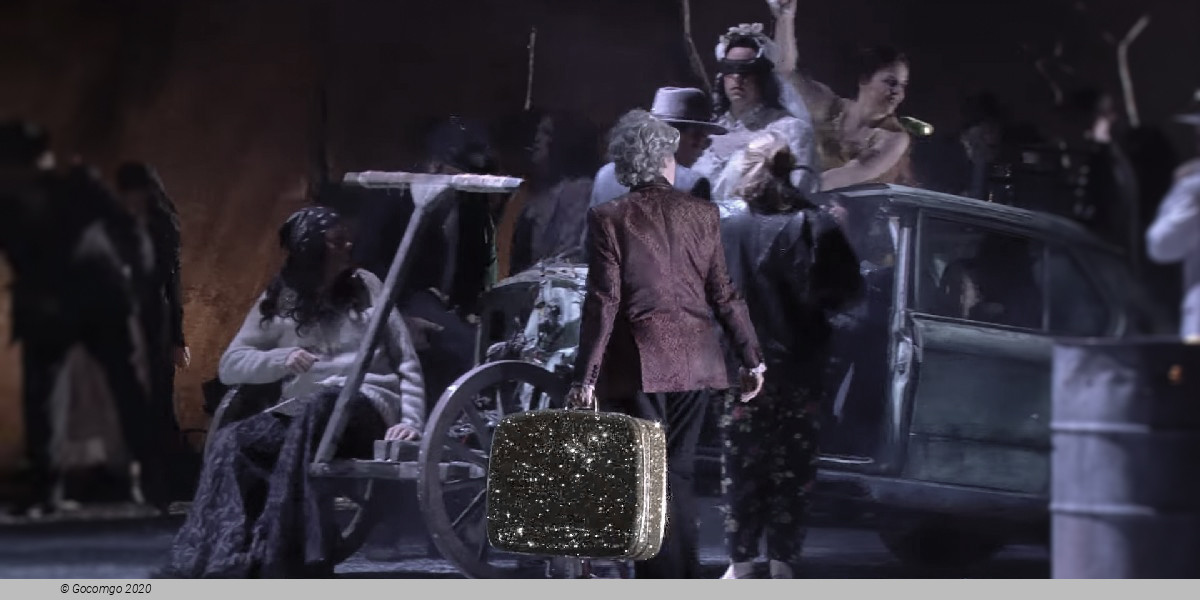
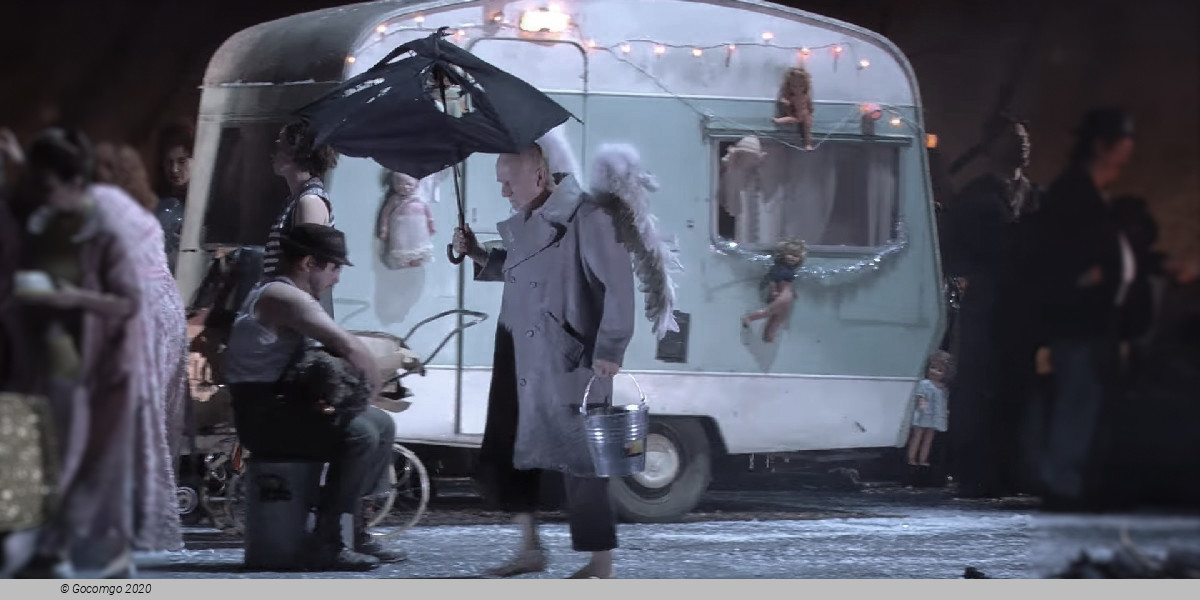
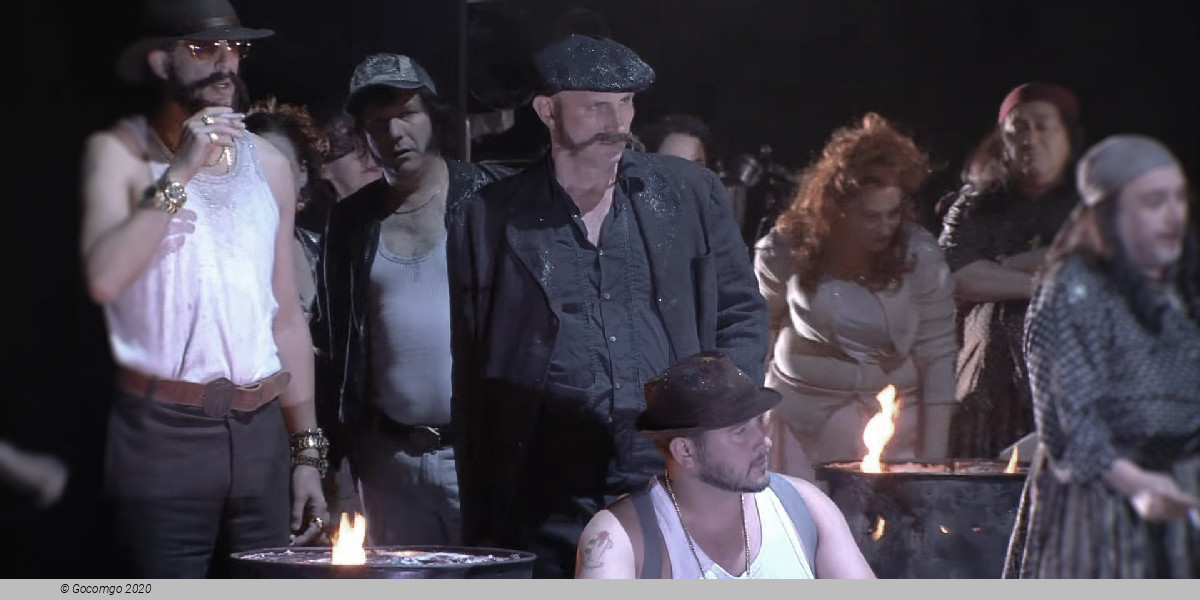
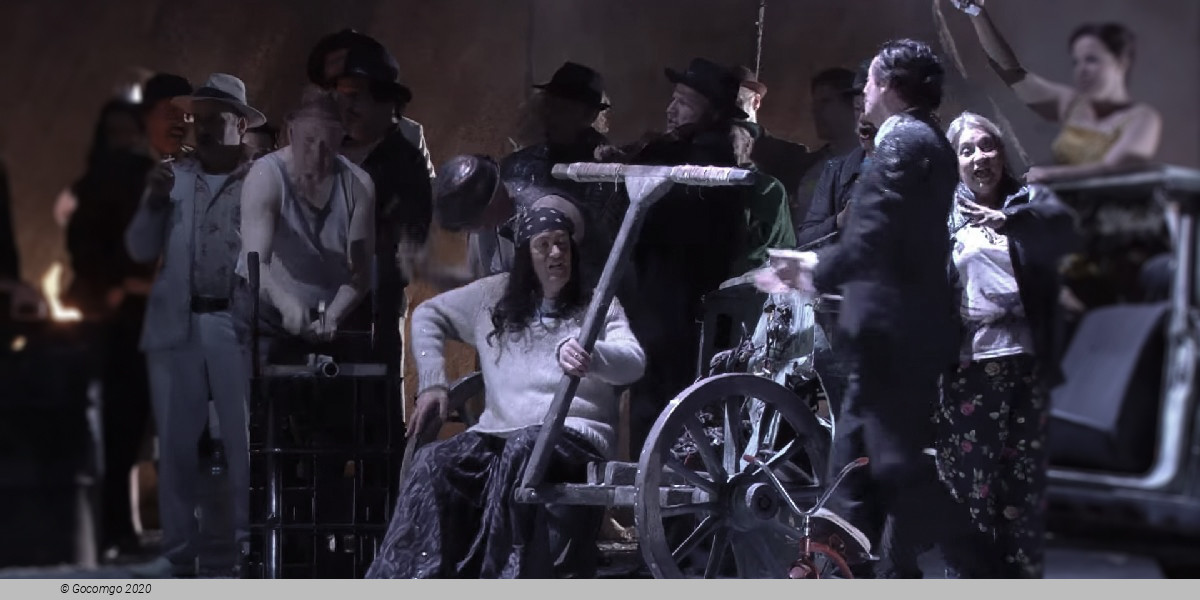
 Str. G. Garibaldi, 16 / a
Str. G. Garibaldi, 16 / a